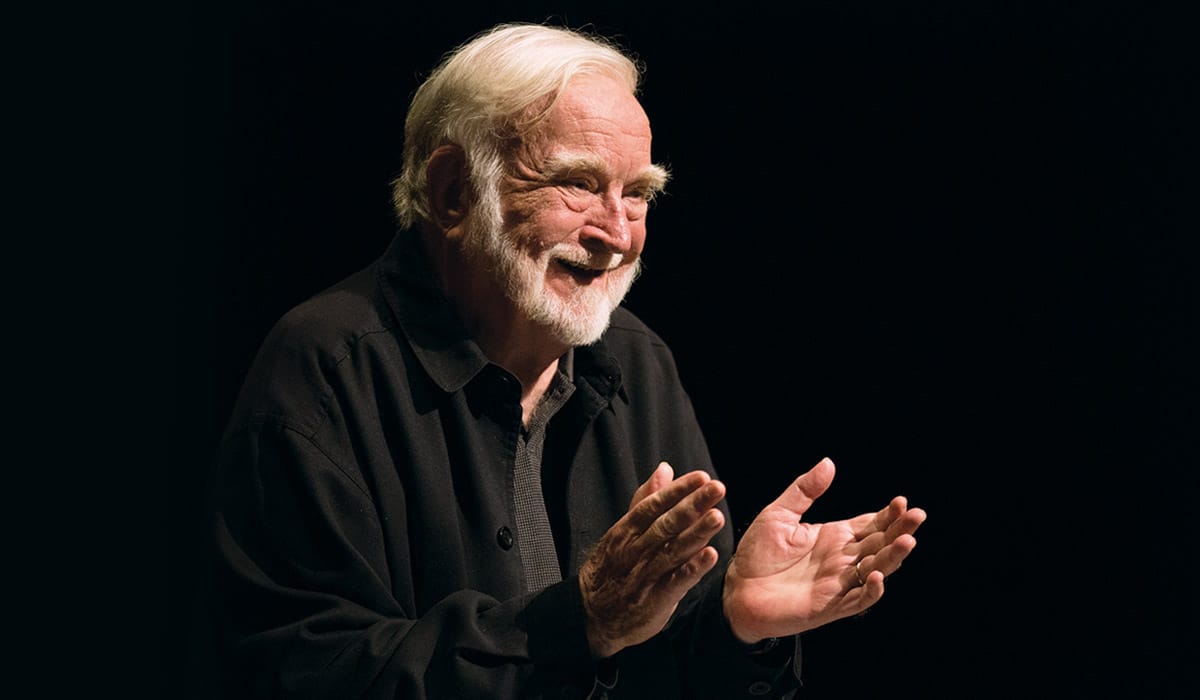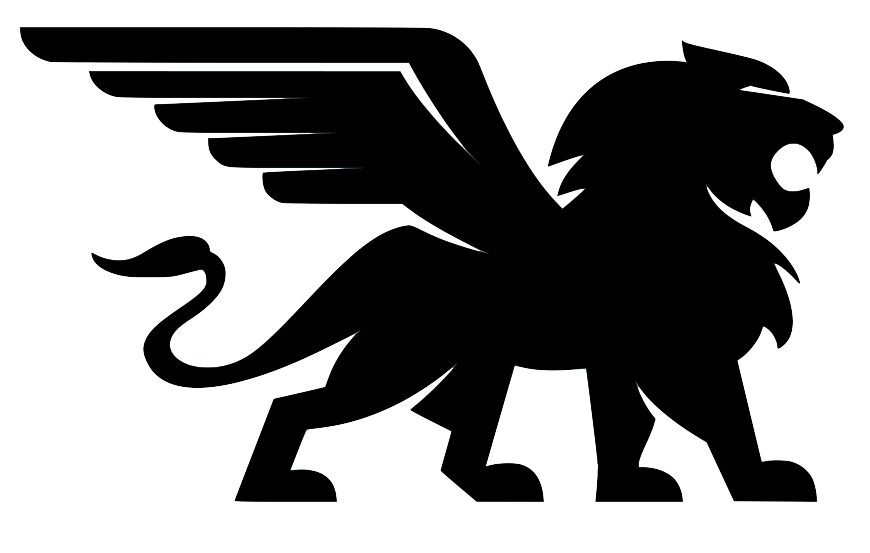What is creativity?

Csikszentmihalyi's book Creativity is one of my favorite books, and one of my favorite insights from the book is his systems theory of creativity.
Creativity is not a characteristic or trait of an individual person or work. Rather, it is a phenomenon manifest in the incorporation of an individual's work into the symbolic principles (the "domain") that a group of recognized experts (the "field") maintains.
A novelty to the domain that the field ignores is not worthy of being deemed creative until it is accepted and incorporated. This is because there are many novelties that are simply inconsistent with the principles of the domain. The people who push these novelties on the field are sometimes called crackpots. The tiny minority who are ignored for long periods before suddenly being recognized for their contribution are celebrated as geniuses, but upon closer study of their lives and work, we often find that there were idiosyncratic reasons that prevented the field from learning about or accepting their contributions sooner. Historians of science sometimes call papers with delayed recognition "sleeping beauties."
The systems theory of creativity is an abstract concept, both hard to grasp and hard to prove. So I figured some readers might enjoy a few examples I've seen recently that called it to mind.
In 1831, in the appendix to a book on the raising of trees for shipbuilding, Scottish grain merchant Patrick Matthew suggested that, over great expanses of time, “the progeny of the same parents, under great difference of circumstance, might, in several generations, even become distinct species, incapable of co-reproduction.” He’d struck on the central idea of natural selection nearly 30 years before On the Origin of Species ... But modern observers point out that Matthew didn’t pursue the idea and may not have realized the breadth of its import.
See 19 September 2025 Futility Closet. Worth acknowledging in this context also is how Darwin was really spurred into publishing The Origin of Species after Alfred Russel Wallace was threatening to take all the credit from the field for contributing the concept of evolution to the domain of biology. And the story of Newton being spurred into publishing the Principia by Edmund Halley.
The late Fields medalist William Thurston saw the ultimate purpose of academic study of mathematics in terms of this kind of creativity:
[T]he entire mathematical community would become much more productive if we open our eyes to the real values in what we are doing. Jaffe and Quinn propose a system of recognized roles divided into "speculation" and "proving". Such a division only perpetuates the myth that our progress is measured in units of standard theorems deduced. This is a bit like the fallacy of the person who makes a printout of the first 10,000 primes. What we are producing is human understanding. We have many different ways to understand and many different processes that contribute to our understanding. We will be more satisfied, more productive and happier if we recognize and focus on this.
See On Proof and Progress in Mathematics.
What implications does the systems theory of creativity have for patent law? It fits well if you consider patent examiners to be representatives of the field of some domain. But are they? Are the legal criteria patent examiners apply to examining an invention in fact representative of the domain applied by some field of experts practicing an art or science? Is the answer different for different domains and fields?
If we agreed that the systems theory of creativity was an accurate way to understand innovation, how might we change the patent system to better promote the progress of science and the useful arts?
